Research Faculty
Riccardo Bettati
- Associate Department Head, Computer Science & Engineering
- Professor, Computer Science & Engineering
- Office: PETR 102B
- Phone: 979-845-5469
- Email: bettati@cse.tamu.edu
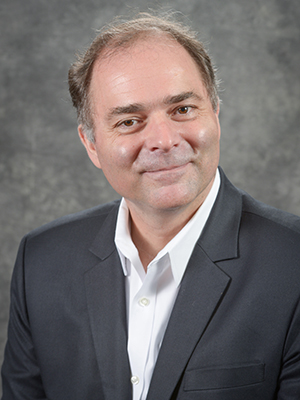
Dilma Da Silva
- Professor, Computer Science & Engineering
- Ford Motor Company Design Professor II
- Regents Professor
- Office: PETR 227
- Phone: 979-458-8008
- Email: dilma@cse.tamu.edu
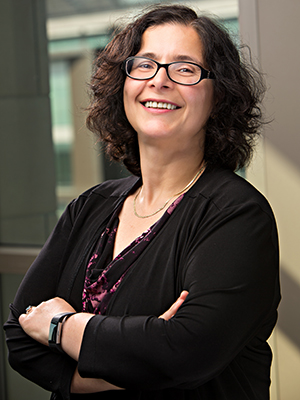
Jeff Huang
- Professor, Computer Science & Engineering
- Office: PETR 236
- Phone: 979-845-5485
- Email: jeff@cse.tamu.edu
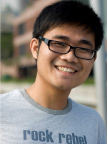
Daniel A. Jiménez
- Professor, Computer Science & Engineering
- Office: PETR 205
- Phone: 979-845-2434
- Email: djimenez@cse.tamu.edu

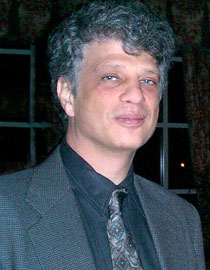
Radu Stoleru
- Professor, Computer Science & Engineering
- Office: PETR 324
- Phone: 979-862-8349
- Email: stoleru@cse.tamu.edu
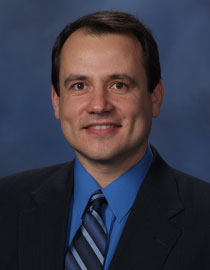
Courses Offered
CSCE 604. Programming Languages. Credits 3. 3 Lecture Hours
Study in the design space of programming languages, covering language processing, formalisms to describe semantics of programming languages, important concepts found in current programming languages, and programming paradigms.
Prerequisite: Graduate classification.
CSCE 605. Compiler Design. Credits 3. 3 Lecture Hours
Advanced topics in compiler writing, parser generators and compiler-compilers, dynamic storage and scope resolution, data flow analysis and code optimization.
Prerequisite: CSCE 434
CSCE 611. Operating Systems and Applications. Credits 3. 3 Lecture Hours
Review of computer architecture hardware/software evolution leading to contemporary operating systems; basic operating systems concepts; methods of operating systems design and construction; algorithms for CPU scheduling, memory, and general resource allocation; process coordination and management; case studies of several operating systems; quality-of-services of operating systems and their impact on applications. No credit will be given for both CSCE 410 and CSCE 611.
Prerequisite: CSCE 313; graduate classification.
CSCE 613. Operating Systems. Credits 3. 3 Lecture Hours
Analysis of algorithms in computer operating systems; sequencing and control algorithms supporting concurrent processes; scheduling algorithms to minimize execution times and mean flow times; algorithms for allocating tasks to processors; allocation of memory (virtual and real); direct access device schedules; auxiliary and buffer storage models.
Prerequisite: CSCE 313 or CSCE 611.
CSCE 614. Computer Architecture. Credits 3. 3 Lecture Hours
Reviews of von Neumann architecture and its limitations; parallel computer structures and concurrent computation; pipeline computers and vectorization methods; array processors, multiprocessor architectures and programming; dataflow computers.
Prerequisite: CSCE 350/ECEN 350 / ECEN 350/CSCE 350.
CSCE 654. Supercomputing. Credits 3. 3 Lecture Hours
Principles of high-performance scientific computing systems, vectorization, programming on supercomputers, numerical methods for supercomputers, performance measuring of supercomputers, and multitasking.
Prerequisite: CSCE 614.
CSCE 663. Real-Time Systems. Credits 3. 3 Lecture Hours
Taxonomy of real-time computer systems; scheduling algorithms for static and dynamic real-time tasks; hard real-time communications protocols; programming languages and environments for real-time systems; case studies of real-time operating systems.
Prerequisite: CSCE 313 and CSCE 463 or CSCE 611, or approval of instructor.